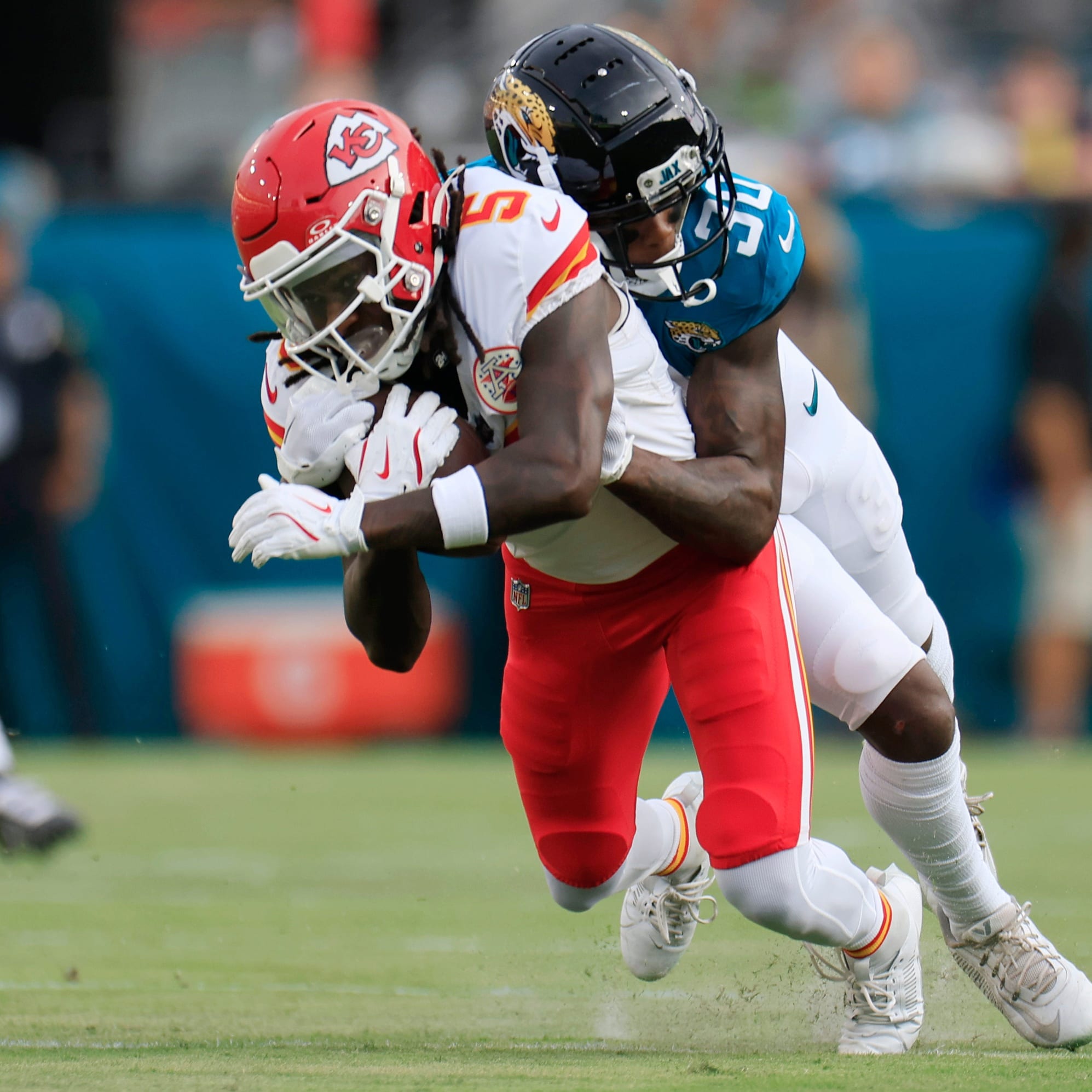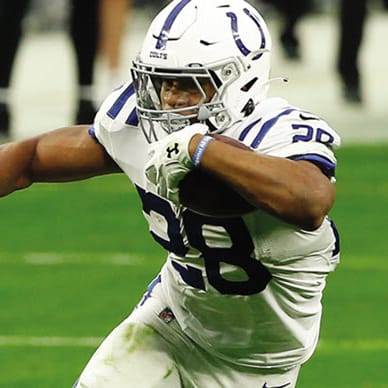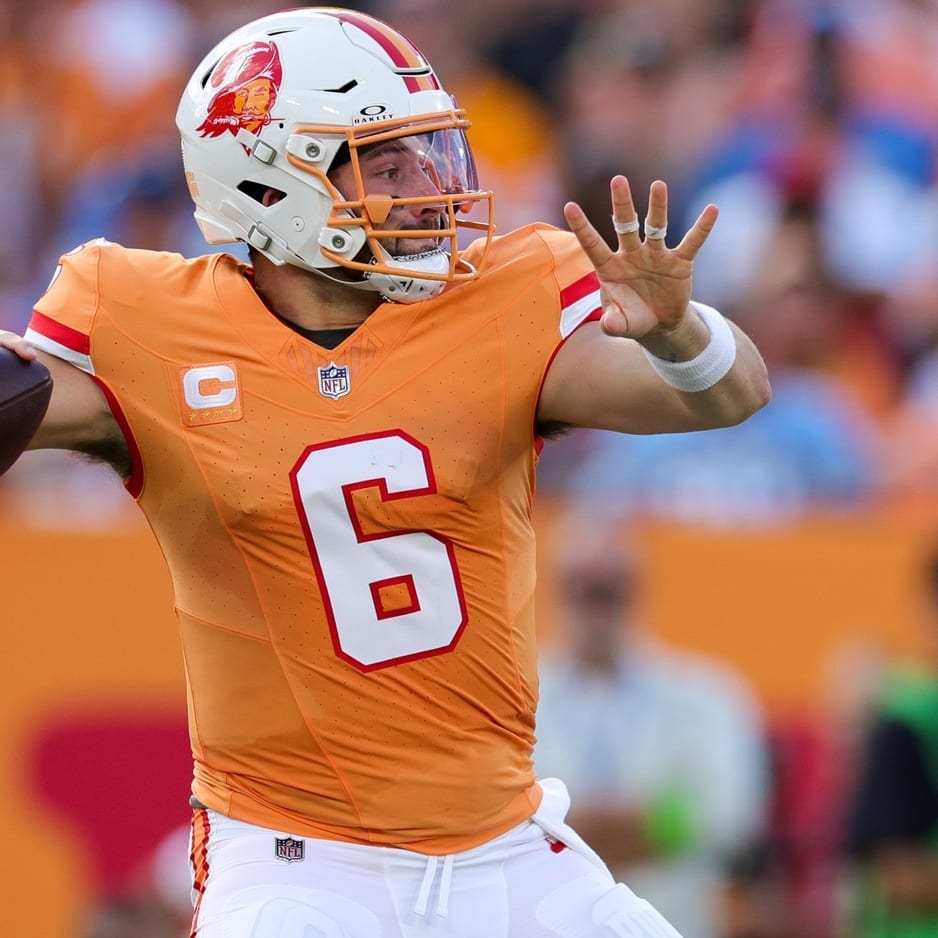This article is part of our Injury Analysis series.
The Packers quarterback made an early exit from Sunday night's loss to the Eagles after suffering a rib injury. The injury was also described as an oblique injury, an unsurprising development considering the location of the two oblique muscle groups.
The obliques are made up of two separate groups, each located on either side of the rib cage. The external obliques sit atop the internal obliques with the fibers of each group running in opposite directions. The obliques complete trunk rotation when paired with the muscles of the opposite group on the opposite side. A strain to either group could prove limiting for Rodgers' throwing mechanics, especially if the strain is a moderate one.
On Monday, the team was back to referring to the injury as a "rib injury" though no other specifics were provided. A lung injury was ruled out. A fracture(s) of the ribs or the associated cartilage would be painful, but Rodgers could still play if cleared. A pain-killing injection could help, but Rodgers would remain vulnerable to re-injury or aggravation if the injury site absorbs another direct blow. Considering Rodgers was already playing through a broken thumb and his season has been subpar by his standard, this latest setback only further limits his fantasy upside. The Packers have a bye in Week 14 and the team could opt to sit him against the Bears to by him extra time to recuperate. Scale back your expectations for now and monitor his status throughout the week
The Packers quarterback made an early exit from Sunday night's loss to the Eagles after suffering a rib injury. The injury was also described as an oblique injury, an unsurprising development considering the location of the two oblique muscle groups.
The obliques are made up of two separate groups, each located on either side of the rib cage. The external obliques sit atop the internal obliques with the fibers of each group running in opposite directions. The obliques complete trunk rotation when paired with the muscles of the opposite group on the opposite side. A strain to either group could prove limiting for Rodgers' throwing mechanics, especially if the strain is a moderate one.
On Monday, the team was back to referring to the injury as a "rib injury" though no other specifics were provided. A lung injury was ruled out. A fracture(s) of the ribs or the associated cartilage would be painful, but Rodgers could still play if cleared. A pain-killing injection could help, but Rodgers would remain vulnerable to re-injury or aggravation if the injury site absorbs another direct blow. Considering Rodgers was already playing through a broken thumb and his season has been subpar by his standard, this latest setback only further limits his fantasy upside. The Packers have a bye in Week 14 and the team could opt to sit him against the Bears to by him extra time to recuperate. Scale back your expectations for now and monitor his status throughout the week ahead before making a final decision for Week 13. Jordan Love will start for Green Bay if Rodgers sits.
The Rams have lost Robinson for the season after it was determined he will need surgery to mend a broken bone in his foot. Robinson's injury is a stress fracture in one of the tarsal bones, specifically the navicular bone. The navicular sits in the mid-foot area and is crucial in transferring weight and absorbing force created as the foot contacts the ground while running and jumping. The navicular bone also acts as an anchor point for various tissues including a muscle and multiple ligaments.
Stress fractures of the navicular are relatively uncommon in the NFL though Tom Brady did suffer the injury during the 2010 season. Basketball players are more likely to suffer the injury and several notable players have missed time with the issue including Michael Jordan, Joel Embiid and Marc Gasol. Recovery is measured in months, not weeks, and can be delayed due to the bone's poor bloody supply. By opting for surgery now, Robinson should get a head start on recovery and minimize the impact of his treatment on the 2023 season. However, studies have shown this injury can impact performance and leaves the injured individual susceptible to osteoarthritis.
With Cooper Kupp still out following surgery for a high ankle sprain, Van Jefferson becomes the top receiver on the Rams' depth chart. Jefferson led Los Angeles in all three receiving categories in their loss to the Chiefs. He finished with three receptions, 29 yards and a touchdown. Bryce Perkins struggled in his first career start, though he could be in line for his second with Matthew Stafford nursing a neck strain and navigating the league's concussion protocol.
Turf Burns
Michael Carter: The Jets running back avoided a high ankle sprain when he injured his ankle in Week 12. The injury is a "low-ankle" sprain, meaning it involves the lateral ankle and not the distal tibiofibular joint. Low ankle sprains often heal quicker than high ankle sprains but can still be an issue when making hard cuts and other lateral movements. Carter has a plausible shot at playing in Week 13 against the Vikings, though the risk of re-injury or aggravation will linger.
Ja'Marr Chase: Joe Burrow's favorite target is expected back after missing Cincinnati's last four outings. Chase is managing a hip injury, believed to be an issue with his labrum. The cartilaginous labrum helps with hip stability and could worsen if the tear is irritated. As a result, Chase becomes a volatile fantasy play. His ceiling is too high for managers to consider benching him, but understand he comes with a considerable amount of associated risk.
Travis Etienne: After suffering a Lisfranc injury that cost him his rookie season, the Jaguars running back is once again dealing with a left foot sprain. He did return to the sidelines after the injury and was not seen sporting a walking boot or using crutches following the game. The team later confirmed the decision to hold him out was precautionary given his injury history. Fortunately, he is considered day-to-day, and the team has said he will be eased back into practice as the week progresses. JaMycal Hasty becomes a decent speculative add off the waiver wire for those invested in Etienne.
Justin Fields: The Bears confirmed Fields suffered a separated shoulder in his nonthrowing shoulder during Chicago's Week 11 loss to Atlanta. As previously discussed, a separated shoulder is NOT a dislocated shoulder and involves a different joint altogether. Based on the description, it sounds like Fields has a Grade 2 sprain of his acromioclavicular (AC) joint. The team continues to call him day-to-day, and a return in Week 13 remains possible. The AC joint can be padded and shoulder pads can be modified to help protect the joint, and, since the injury is opposite his throwing arm, Fields should be able to throw without serious limitations. He is considered day-to-day for now with Trevor Siemian in line to start if Fields cannot play.
Elijah Mitchell: The 49ers running back has suffered his second medial collateral ligament (MCL) sprain of the season. Mitchell missed seven games earlier in the year after spraining his right MCL and is now expected to miss an additional six to eight weeks with a left MCL sprain. He will be placed on the IR, guaranteeing he will miss at least the next four games. Christian McCaffrey remains San Francisco's lead back, but he may also be limited as he manages knee soreness that negatively impacts his productivity against New Orleans.
Darnell Mooney: The Bears will navigate the remainder of the season without Mooney. The receiver suffered a significant ankle sprain. The sprain resulted in complete tears of ligaments, likely on the outside aspect of the joint. The injury has not been called a high-ankle sprain, but head coach Matt Eberflus said the receiver is "likely" to undergo surgery. Chase Claypool will see an increase in usage with Mooney out.










